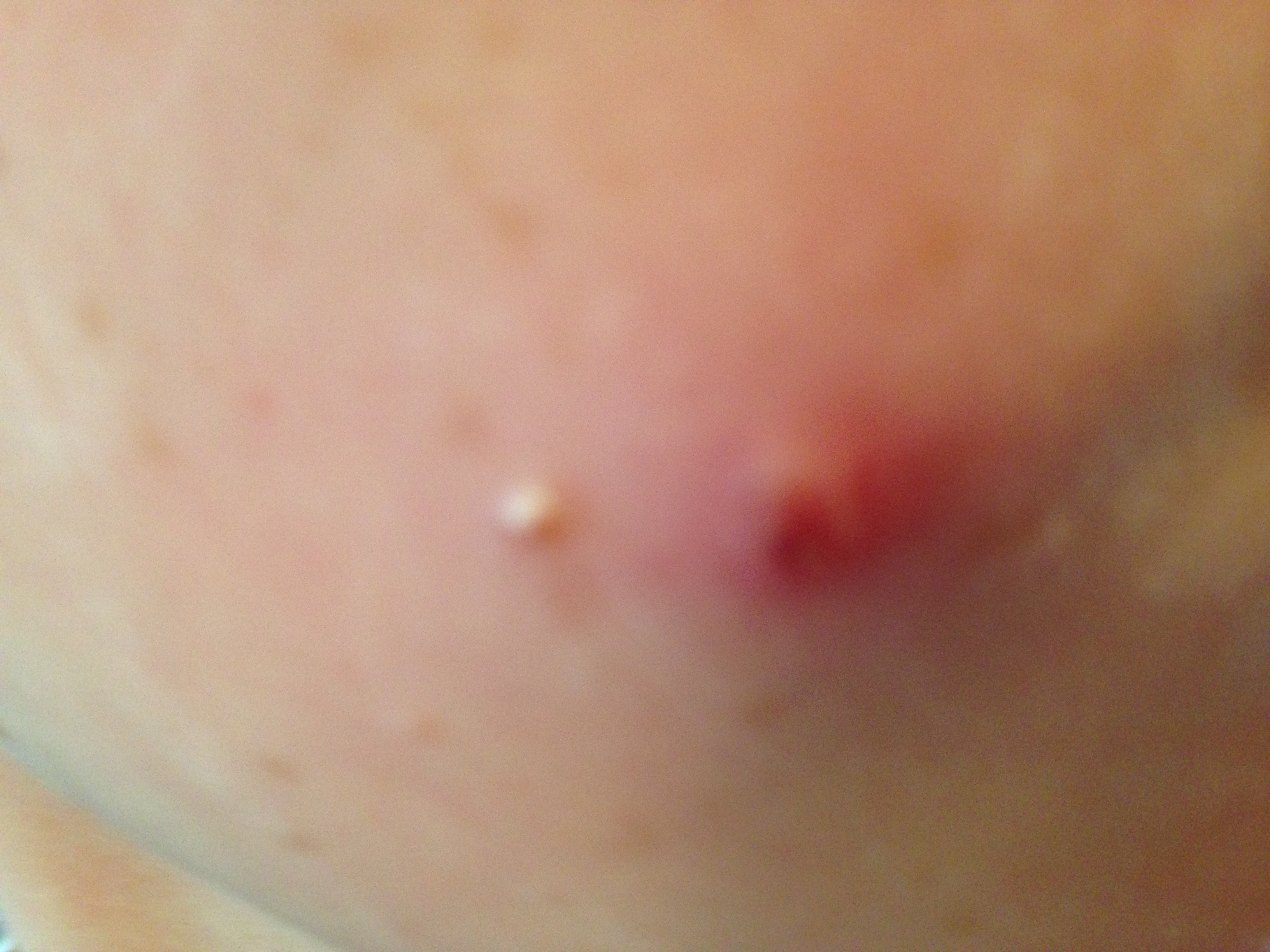
Rotavirus infections and vaccinations
I don’t think that I’m the first person to note that healthcare blogging and fashion blogging have a number of things in common. Fashion comes to mind. Certain topics become the order of the day. Naturally today is not exception. This time it is infections of babies and children. We have just put up a blog on Group B Strep Awareness Month which we think is a must read for anyone expecting a baby. As is this blog on vaccinations for the rotavirus.
On Monday we conducted a brief but very valuable interview with Dr Mike England who is GSK’s Medical Director of Vaccines to discuss the success of their vaccine for rotavirus.
In fact number of confirmed cases of rotavirus – a highly infectious and occasionally severe stomach bug that affects babies and young children1 – has dropped by 69% since the vaccine to protect against the disease was introduced in the UK last year, a says Public Health England.
Between July and June for the ten years before the vaccine was introduced, an average of 14,127 lab-reported cases of rotavirus occurred in the UK each year. That figure fell to 4,490 between July 2013 and June 20142. A two-dose, oral vaccine to protect against rotavirus was introduced on the NHS for babies at the age of two and three months in July 2013. The vast majority of babies tolerate the vaccine very well. A small number develop restlessness, irritability or mild diarrhoea.
Rotavirus causes an unpleasant bout of diarrhoea, sometimes with vomiting, tummy ache and fever. Before the vaccine was introduced, around 130,000 cases resulted in a GP visit in England and Wales each year and around 13,000 children ended up in hospital as a result of the bug3 because of complications such as extreme dehydration. A very small number of children die from rotavirus infection each year1.
Dr England whose background was as a physician in Accident and Emergency sees three core reasons for the success of the vaccine.
Firstly that the vaccine, as he put it, works. Secondly he felt that healthcare professionals had been able to effectivly spread the message to the user base. Finally he had felt parents has accepted the value for their children which was a key buy in. Indeed he feels that medical education and awareness raising is one of the central pillars of modern healthcare provision. Looking at his own experiences as a doctor in A&E he well understood the “anguish” of parents who had children who contracted the rotavirus.
Dr Peter Basile, medical manager for vaccines at GSK, which manufactures the rotavirus vaccine said: “These figures are fantastic news. The addition of our vaccine to the standard set of immunisations given from birth has been a huge success so far, preventing a horrible illness in many babies.
“A recent survey looking at uptake showed that around 88% of babies are being given both doses of the rotavirus vaccine in the UK4. While this is encouraging and a higher uptake than we’d expect for a new vaccine, there’s still more we can do to help make sure every baby stands the best chance of avoiding this virus.”
References
- NHS Choices. http://www.nhs.uk/Conditions/vaccinations/Pages/rotavirus-vaccine.aspx. (Last accessed June 2014)
- PHE Monthly National Norovirus Report. Summary of surveillance of norovirus and rotavirus. 10 July 2014. http://www.hpa.org.uk/webc/HPAwebFile/HPAweb_C/1287143931777. (Last accessed July 2014)
- NHS Factsheet. https://www.gov.uk/government/uploads/system/uploads/attachment_data/file/193110/DoH_8415__RotaVirus_factsheet_8pp_04_accessible.pdf. (Last accessed June 2014)
- Public Health England news story. https://www.gov.uk/government/news/successful-start-to-rotavirus-vaccination-programme. (Last accessed June 2014)

